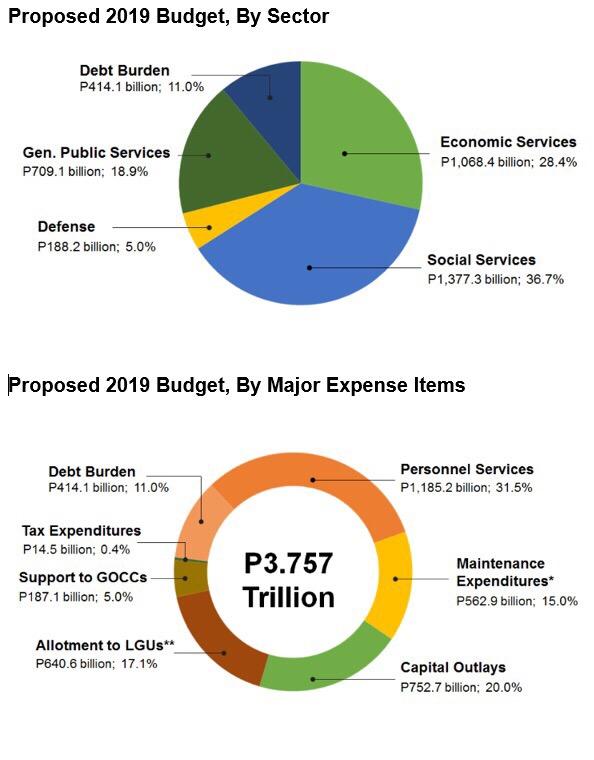What is cash-based budgeting?

The House of Representatives indefinitely postponed budget briefings as lawmakers opposed the “cash-based” budget proposal for 2019.
House appropriations committee chair Karlo Nograles said lawmakers across party lines are one in saying that the cash-based budgeting is “not feasible, impracticable and inimical to the interests of our constituents.”
But, what exactly is cash-based budgeting?
Under a cash-based budgeting, the validity of budget appropriations are reduced to one year with no carry-over provision except for a three-month extended payment period within the following fiscal year to allow agencies to settle payments for goods and services delivered.
This means projects need to be completed within the fiscal year.
The shift to cash-based budget aims to eliminate underspending by to push the agencies to speed up the execution of projects.
Annual cash-based budgeting, as opposed to multi-year obligations-based budgeting, “limits incurring obligations and disbursing payments for goods delivered and services rendered, inspected, and accepted within the fiscal year,” Budget Secretary Benjamin Diokno said.
“It’s more effective in preventing underspending and it also exerts pressure on agencies to complete deliverables during the year ... If it’s a project that takes two years then part of the project will be completed and the rest will be completed the following year,” Socioeconomic Planning Secretary Ernesto Pernia said in an separate interview on ANC on Tuesday.
Currently, the Philippines follows an obligations-based budgeting in which appropriation are valid for two years.
Funds are disbursed as commitments or obligations, meaning implementing agencies are not obliged to complete projects within the same fiscal year.
“As it shows actual disbursements rather than obligations or commitments, a cash-based would reflect more accurately the annual outputs and actions of the government,” Diokno noted. —VDS, GMA News




